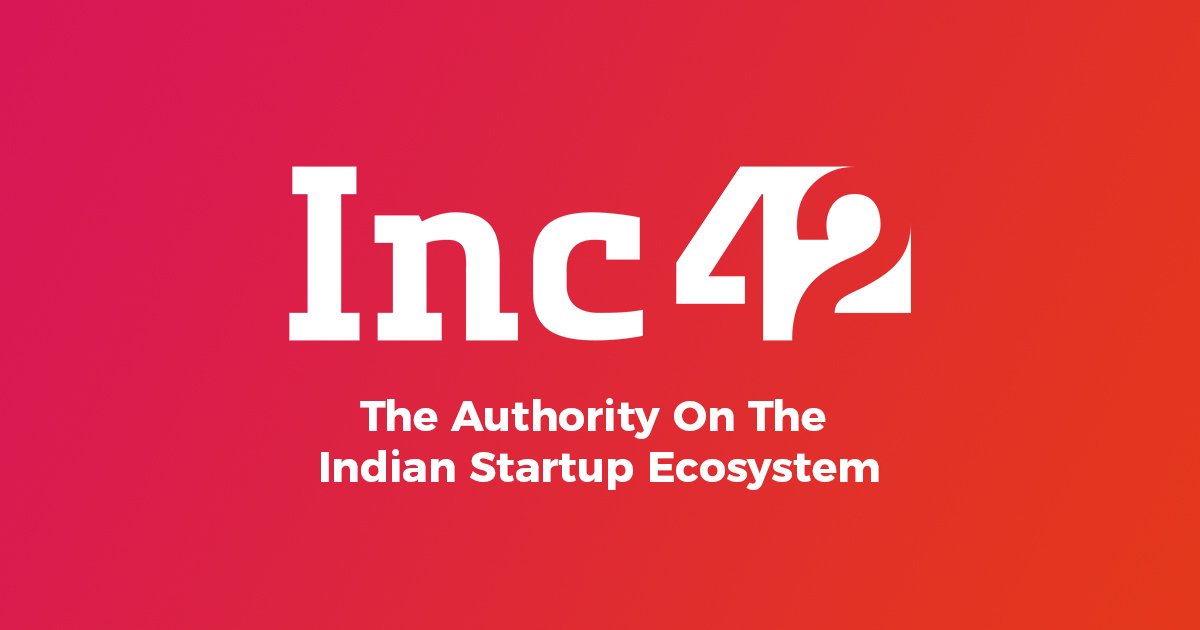Three Wheels United (TWU), a fintech startup that provides financing for electric vehicles (EVs), has raised $10 Mn in a Series A round of funding led by Delta Corp Holdings. Existing investor Techstars, along with new ones such as Grip Invest with a few investors in the Middle East and Europe also participated in the funding round.
Three Wheels United is aiming to expand to new geographies within India and abroad with the capital infusion. Further, TWU will also look to strengthen operations in existing cities, improving its tech platform and customer acquisition.
Founded by Cedrick Tandong, Kevin Wervenbos, and Apurv Mehra in 2017, the startup offers financing for EV two and three-wheelers. Further, TWU offers loans to micro-entrepreneurs to help them switch to electric vehicles.
The startup also uses proprietary technology to conduct a credit risk assessment and calculate loan repayment rates. Three Wheels United claims that it covers up to 100% of the cost of the vehicle without asking for collateral.
Further, the startup offers its customers the option to repay the loan amount on a daily or weekly basis. It said that this allows the startup to align itself with the auto-rickshaw drivers and their finances and lifestyles easily. As most auto-rickshaw drivers earn and spend daily, by providing the option to make daily or weekly payments, TWU helps auto-rickshaw drivers plan their finances better.
According to its website, Three Wheels United has more than 50,000 drivers on its platform and has financed more than 4,000 auto-rickshaws so far.
It also claims that those 4,000 auto-rickshaws have resulted in the reduction of more than 1,72,000 tonnes of CO2 emissions, and the generation of an additional $71 Mn in income for the drivers. This income came from the reduced fuel cost as claimed by the startup.
Cedrick Tandong, CEO and cofounder, Three Wheels United, said, “Over the last several years of working in the EV ecosystem, we have gathered deep insights into some of the barriers to the mass adoption of EVs.”
Tandong said that the lack of affordable financing is a key obstacle for low-income customers to switch to EVs. He added, “The new investment will accelerate our next phase of growth and enable us to establish a strong foothold in the existing markets and test out other markets.”
According to the CEO, the startup is targeting to expand to ten more cities by the end of 2022, launching only two-wheeler financing at first in the new cities.
It also said that it has long-term partnerships with OEMs, aggregator platforms, battery swapping and charging operators, tech giants and other related infrastructure service providers that will help it achieve its target.
Meeting The Demand Supply Gap In EV Financing
The demand for financing services for EVs has been increasing almost as fast as the adoption of EVs in India. In 2021, EV sales are estimated to have increased around 355% year-on-year, reflecting just how fast EV adoption is becoming.
However, EV scooters are priced at a premium right now and there is a wide segment of potential customers that have been forced to sit on the fence because of the price point.
There are currently very few NBFCs and fintechs that provide EV financing and it is generally around 80% with a rate of interest of 150-200 bps more than internal combustion engine (ICE) vehicles.
One more risk that has seen companies turn away from financing electric vehicles is the fact that the battery has to be changed after 2-4 years as regular use makes it less efficient with a need to replace it, unlike the ICE vehicles that need not change any significant component.
Even so, for TWU, there is competition in the Indian market in the form of RevFin, the fintech that also offers lending services for EV purchases. RevFin recently raised INR 100 Cr in debt financing to expand its reach across new states and increase market share to 20% in existing states.
While the popularity of EVs has been high lately, several recent incidents of electric scooters catching fire have rained on the EV parade, seeding doubts among customers looking to go electric.
To date, the likes of Ola Electric, Okinawa and PureEV have recalled more than 7,000 escooters because of more than 10 reported cases of EVs catching fire. These incidents have raised questions about the research and development that went into developing the escooters.
In another development, days ago, the Defense and Research Organisation (DRDO) found that these fire incidents during the past months were because of battery defects and design issues.
While that may be the case, the Indian EV market is slated to reach $15.38 Tn by 2027, registering a CAGR of 47.09% from 2021 to 2027, according to Mordor Intelligence. EV adoption might be gaining momentum, but there is a demand-supply gap in battery manufacturing and EV manufacturing in the country.
India’s Li-ion battery market would reach $4.85 Bn by 2027, per Mordor Intelligence, depicting a big gap that might prove to be a hurdle for India’s EV market to become self-reliant.










